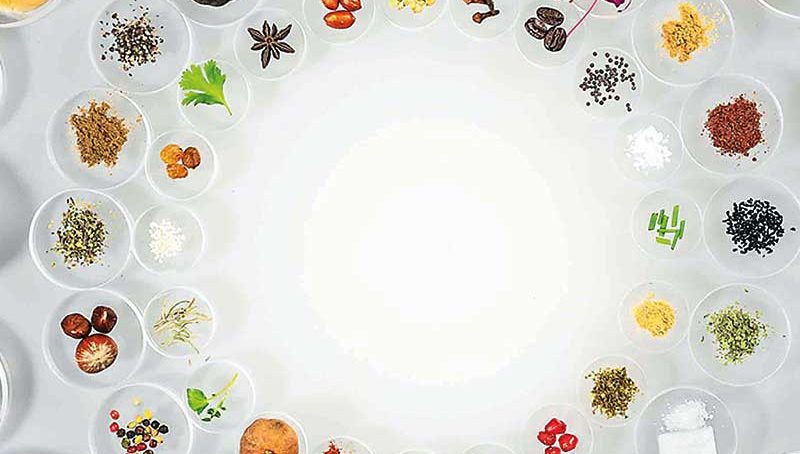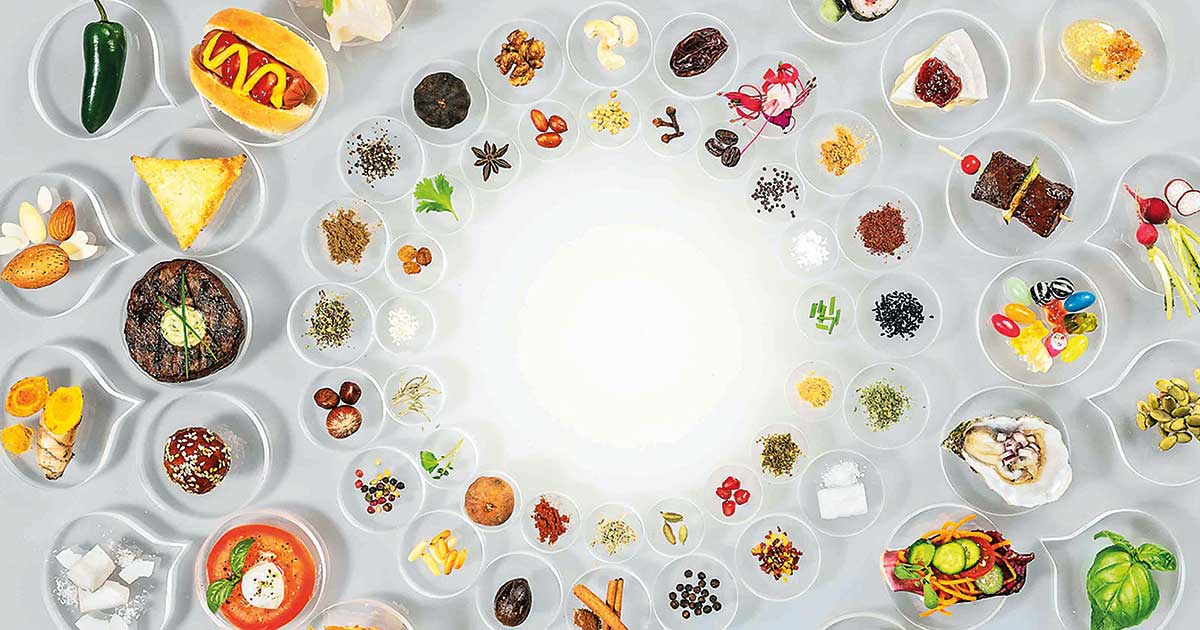Daniel During, principal and management director of Thomas Klein International, fills us in on Dubai’s restaurant wave which is proving to be a bumpy ride for entrepreneurs playing the waiting game ahead of the World Expo 2020
It’s no secret that Dubai has yet to achieve the status of a world-leading incubator for new restaurant concepts. Operators and investors would rather play it safe with low-risk options, traveling to culinary destinations and importing or copy-pasting concepts that are well-established and proven to work. The lack of creativity, or perhaps more accurately, a lack of willingness among business leaders to take risks with new concepts, is evident for all to see.
Though, in recent years, Dubai has witnessed the natural evolution of ‘homegrown’ concepts which is now a constant expectation in the industry. Dubai diners have evolved, outgrowing their initial necessity for endless big brand franchises, and are now accustomed to the brand story, creativity and coziness that come with homegrown concepts. However, these homegrown concepts are still adaptations of existing concepts found abroad with a fancy new brand and name attached.
Gearing up for Expo 2020
Local cuisine is now transitioning from a traditional home setting to restaurants, with some already being exported. And this is great news; however, the F&B industry as a whole is at a bit of an impasse. Much like all other industries, the F&B market is preparing itself for the much-anticipated World Expo 2020, and for the traffic that international visitors will generate. The pressure and promise of success give the impression that we are preparing for battle. And this is good too. On paper, the facts and figures paint a picture of a prospective perfect future for Dubai F&B, but from an F&B investor’s perspective, we must acknowledge the reality that there are still several months left on the clock counting down to Expo 2020 and we are generating “a bit” of oversupply before those visitors arrive.
Which prompts us to ask: Who is going to fill my restaurant seats until 2020? Will I be able to pay my investment back between now and the end of 2020? And if not, what do I have to do to keep generating footfall after 2020? Many restaurants today are highly successful, but many others are empty. And judging solely by the number of hoardings in malls and hotels coming up, both promising even more restaurants, it appears that we will have a lot more seats to fill. The population growth rate for Dubai from 2019 to 2020 is forecast at an underwhelming 1.6 percent (World Population Review, 2019). Right now, it feels as if the industry is creating an oversupply based on the promise of a tomorrow which has yet to arrive. Regardless of future optimism, some restaurants will continue to roll off the conveyor belt.
As insiders, when we examine the types of restaurants that open, it can be observed that sadly, significant numbers of Dubai operators have been and continue to be in a reactive state of mind, guilty of jumping on the bandwagon of ‘happening’ global trends. Dubai trends come in waves. Just as a motorboat creates surfable waves that everyone can ride, operators and investors will ride these trend waves until the momentum fizzles out and it’s onto the next best thing.
Whenever a specific trend comes into focus, whether it’s the Gourmet Burgers era, the Peruvian dynasty or the current Greek obsession, within months we witness a plethora of restaurants roll out in that specific genre. Some trends become permanent fixtures in the market, whereas others come to conquer, yet fail to stay. Nonetheless, here’s a look at what waves Dubai is riding and their openings:
Dinnertainment
The love child of dinner and entertainment, dinnertainment was created on the premise that food comes secondary to experience.
At the click of a button, people today have the accessibility to order food from the comfort of their home, so restaurants need to have that experiential incentive to entice them out of their homes and through the door. In the fashion of entertainment first, food later, notable openings of 2019 include Wavehouse, Atlantis The Palm, which aims to encourage diners to reminisce about the golden age of neighborhood arcades, and Skorpeus, Emerald Palace Kempinksi, described as an immersive dinner experience of dance, music and drama.
Burgers
If you asked any industry professionals, which concepts they feel are over-saturated in the market, one of the top three answers would undoubtedly be burgers. From QSR to gourmet to sliders to gourmet sliders, Dubai has seen and done it all. The positive takeaway is that we are left with an evolution in the market from traditional fast-food franchises to concepts that boast a fusion of premium ingredients.
Although there is little to no space for additional niche burger concepts, there are still new ones on the horizon, with notable openings including Amsterdam-born burger concept The Butcher opening in Dubai Marina, and Saltbae Burger by Nusret Gökçe opening in DIFC. It will be interesting to see if Mr. Gökçe prices his burgers at the same price point as his steaks.
Specialty coffee
The coffee culture is firmly established in the UAE, with Arabic coffee a staple of the local hospitality, which perhaps explains why the specialty coffee market has expanded there so rapidly into what it is today.
Consumers don’t want you to just serve coffee, they want to be involved at each step along the way, from fair-trade sourcing to the roasting of the beans. From the global perspective, the UAE has only recently caught up with this movement, following in the footsteps of specialty coffee hubs such as Australia and South Africa.
It’s no secret that a large part of the allure of the specialty coffee industry is being driven by social media, since a photo posted of a brewed Chemex coffee is much more attractive than a Starbucks to-go cup. One new specialty coffee shop keen to fulfill your cravings is Baristas’ Corner in the Canal Central Hotel, Business Bay.
Greek
Without doubt, Dubai is currently riding a Greek wave. Greek cuisine has always been on the local radar, represented by longtime beloved restaurant Elia, The Majestic City Retreat Hotel. More recently, additional spots opened that have gone on to become favorites, such as Eat Greek and Mythos Kouzina & Grill, the latter another project for Elia’s owners. This year alone we have seen the emergence of endless mid-to-premium-end Greek concepts. Notable openings include Taverna at Madinat Jumeriah, developed and run by the owners of Eat Greek, Avli by Tashas in DIFC and Ena at The Pointe, Palm Jumeirah. Given this spate of recent openings, have we hit the Greek wave’s peak point, or will there be more tzatziki in the future?
Michelin-chef driven openings
Value has become a hot industry topic in recent years, with the emergence of more Premium Casual Dining concepts, a segment that merges premiumization and value without the price tag and formality of Fine Dining.
Nevertheless, Fine Dining will always hog the spotlight in Dubai’s dining scene. The influx of celebrity chef-driven concepts will be married to the upcoming supply of upper-midscale to upper-upscale hotels. Additions to the luxury hotel segment will pave the way for more luxury restaurants to boost a hotel’s standing, which has triggered a conversation about whether Dubai is now worthy of its own Michelin guide.
Some of the most notable Michelin chef openings of 2019/2020 will be housed at the up-and-coming The Royal Atlantis Resort & Residences, where six of the 13 restaurants are curated concepts by award-winning celebrity chefs, including Dinner by Heston Blumenthal and Jaleo by José Andrés.
We can’t argue that changes in trends are good, since change is inevitable and the only constant in the world. However, while we appreciate variety in the market, it appears that we are eating in an environment where there can be only one leading lady at a time. Perhaps if we want to fill those restaurants seats, it’s time for Dubai’s F&B operators to become true incubators for new F&B ideas and stop riding on the waves of other’s concepts.
















